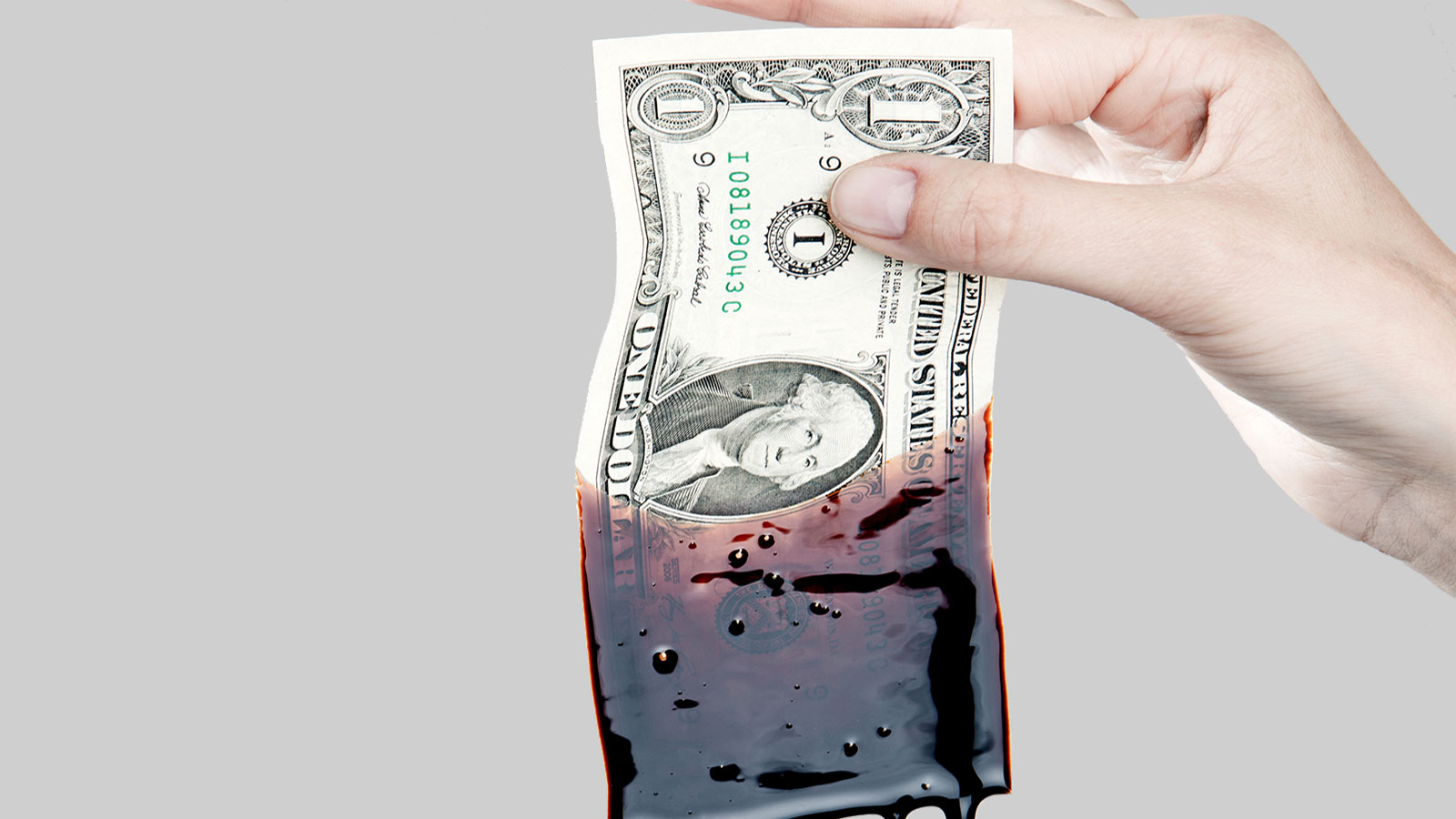If you’re a mere mortal looking to save the planet from the perils of global warming, you probably feel you’re engaged in an epic struggle. There you are with your carbon-tax petitions, your kayak, and your willingness to be peacefully arrested outside the White House. Pitted against you are the fossil-fuel corporations with their entrenched lobbies, vast treasure, globe-spanning tentacles, and sociopathic tendencies.
But if you’re enrolled in a retirement plan, say, you may be a stakeholder in a large fund that invested in activities you find deeply objectionable. And despite the growing movement in support of divestment, it’s often a long, hard slog to get financial managers to seriously consider, let alone commit to, the clean new world of fossil-free funds.
Enter Corporate Knights, a financial research and reporting company, who together with their friends at the South Pole Group and 350.org launched this week a wondrous new tool: “The Clean Capitalist Decarbonizer.” Corporate Knights used the Decarbonizer to analyze the performance of 14 major funds — among them the Bill and Melinda Gates Foundation and the Wellcome Trust, the endowments of Harvard and LSE, and the pension plans of Vermont, Canada, and the Netherlands. The results showed that overall, the funds would have been $23 billion better off had they divested from fossil fuels in 2012.
Put your dirty money — soaked in tar-sands oil and sprinkled with coal dust — in at one end of the machine, turn a crank, and out it comes: clean, green, and carbon-neutral. That’s exactly what the Decarbonizer does, except it’s a software-based investment analysis tool that shows your local pension-board or private-fund managers what would have happened had they divested from fossil fuels a few years ago. The methodology is solid financial stuff, suitably footnoted and posted for scrutiny on the website. Corporate Knights explains the demo like this:
Corporate Knights analyzed the most recently disclosed holdings of 14 prominent funds to estimate the potential financial impact had they shifted their investments from Carbon Underground 200 companies and utilities that rely on coal for more than 30 percent of their electricity generation to companies providing environmental solutions. From there, the total returns over a three year period starting on October 1, 2012 were calculated.
The Decarbonizer’s analysis of the Gates Foundation’s investments up to 2013 showed it would have had $1.9 billion more to spend on projects in developing countries had it made an early commitment to divestment, all without contributing to the epic drought, rising seas, and catastrophic storms wrought by climate change that are not-so-beneficial for human health. These are the kind of savings you can see with a clean portfolio. Interestingly enough, despite a recent statement by Bill Gates that he doesn’t support divestment as a climate-action strategy, the Gates Foundation’s financial report for 2014, also published this week, shows it quietly sold all its stock in ExxonMobil that year.
You can try the Decarbonizer yourself: Choose one of the portfolios on the website, or upload an Excel worksheet of your favorite fund’s investments. Select your carbon-reduction investment preferences (you can eliminate inefficient polluters, oil, oil sands, coal, coal-burning utilities, or all of the above), choose a re-investment option, press the “Decarbonize” button, and presto — in a few seconds you’ll see the amount of money that fund or portfolio would have been saved. Because a time machine is not yet available, the results are based on analyses of the market’s past performance. But this looks like a good enough crystal ball to help the money world see, prepare for, and maybe even shape the financial and climactic future that is soon to be upon us.



